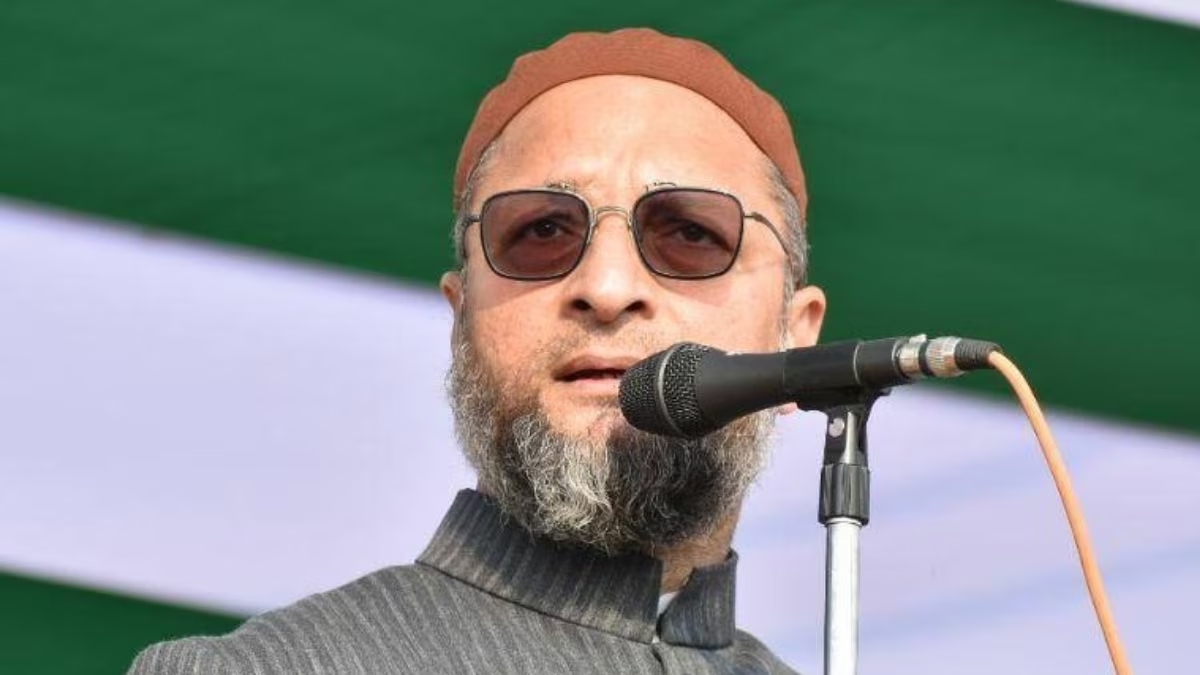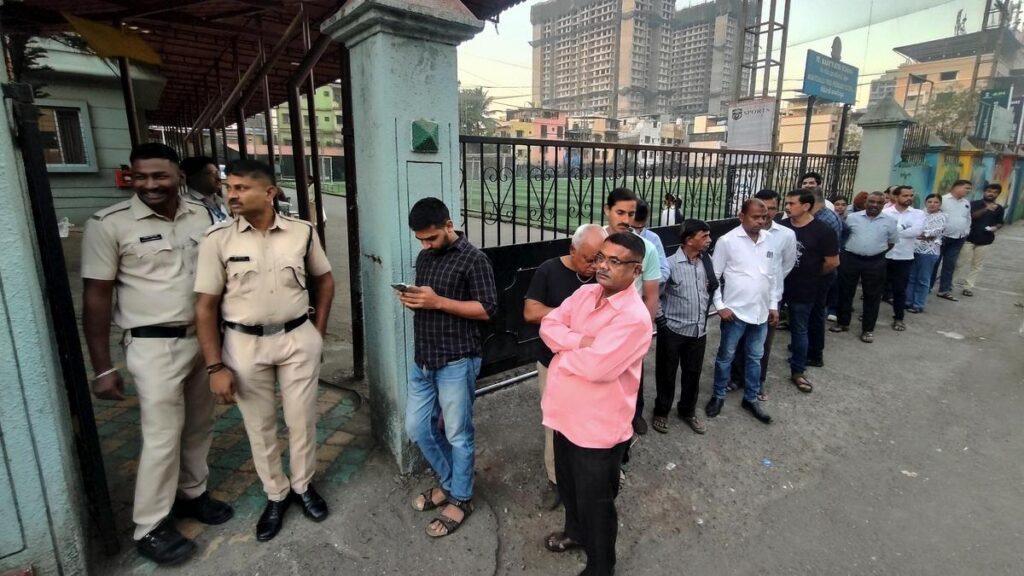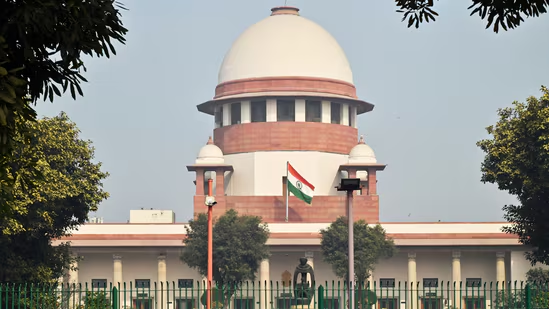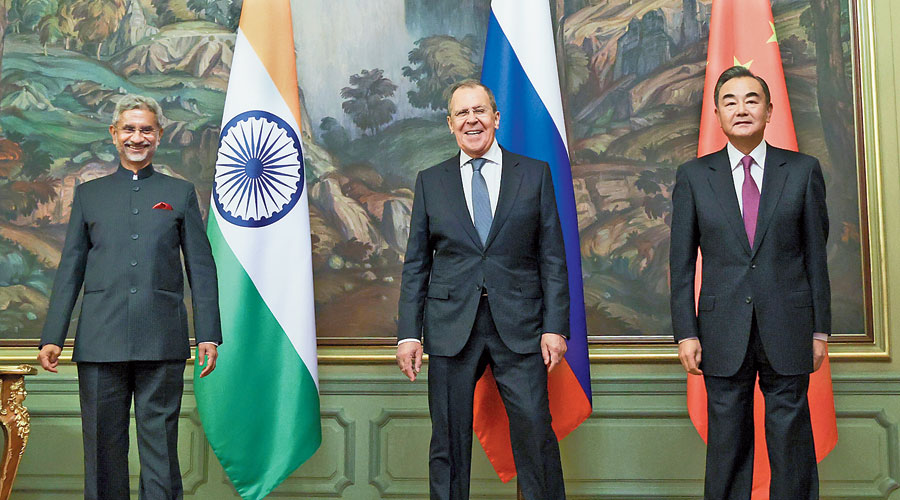Now Reading: Owaisi Criticises Hyderabad Meat Ban on Independence Day, Calls It ‘Unconstitutional’
-
01
Owaisi Criticises Hyderabad Meat Ban on Independence Day, Calls It ‘Unconstitutional’
Owaisi Criticises Hyderabad Meat Ban on Independence Day, Calls It ‘Unconstitutional’

AIMIM chief Asaduddin Owaisi has strongly opposed the Hyderabad civic body’s decision to ban meat sales on Independence Day. He argued that the order violates the rights of citizens in a state where the majority of people are non-vegetarian. His comments have sparked debate over whether such restrictions should be imposed on national holidays.
Owaisi said the Greater Hyderabad Municipal Corporation’s (GHMC) ban was “arbitrary” and “without legal basis”. He claimed that about 99% of Telangana’s population consumes meat, making the restriction an unnecessary imposition on personal choice. According to him, India’s constitutional framework protects citizens’ right to eat and sell food of their choice unless there is a lawful reason to restrict it.
The ban applies to meat shops and slaughterhouses across Hyderabad on August 15. GHMC has in the past implemented similar restrictions on certain religious occasions, citing civic tradition and sensitivity. This time, however, the order has been questioned for being tied to a secular national event rather than a cultural or religious observance.
Public reactions in the city have been mixed. While some residents believe closing meat shops for a day is a small gesture of respect on Independence Day, others argue that such bans set a precedent for unnecessary interference in dietary habits. Meat traders have also expressed concerns over the financial impact of shutting down on a busy business day.
For tier 2 cities like Warangal, Nizamabad, and Karimnagar, the issue resonates beyond Hyderabad. Local traders and communities watch these developments closely, as similar orders in the future could affect livelihoods and disrupt food supply chains. Many point out that dietary diversity is part of India’s cultural fabric, and policies should reflect that inclusivity.
The debate now moves towards whether the courts or state authorities will step in to review such bans. For now, Owaisi’s remarks have reignited a conversation about personal freedoms, governance, and how traditions are balanced with constitutional rights in modern India.

























